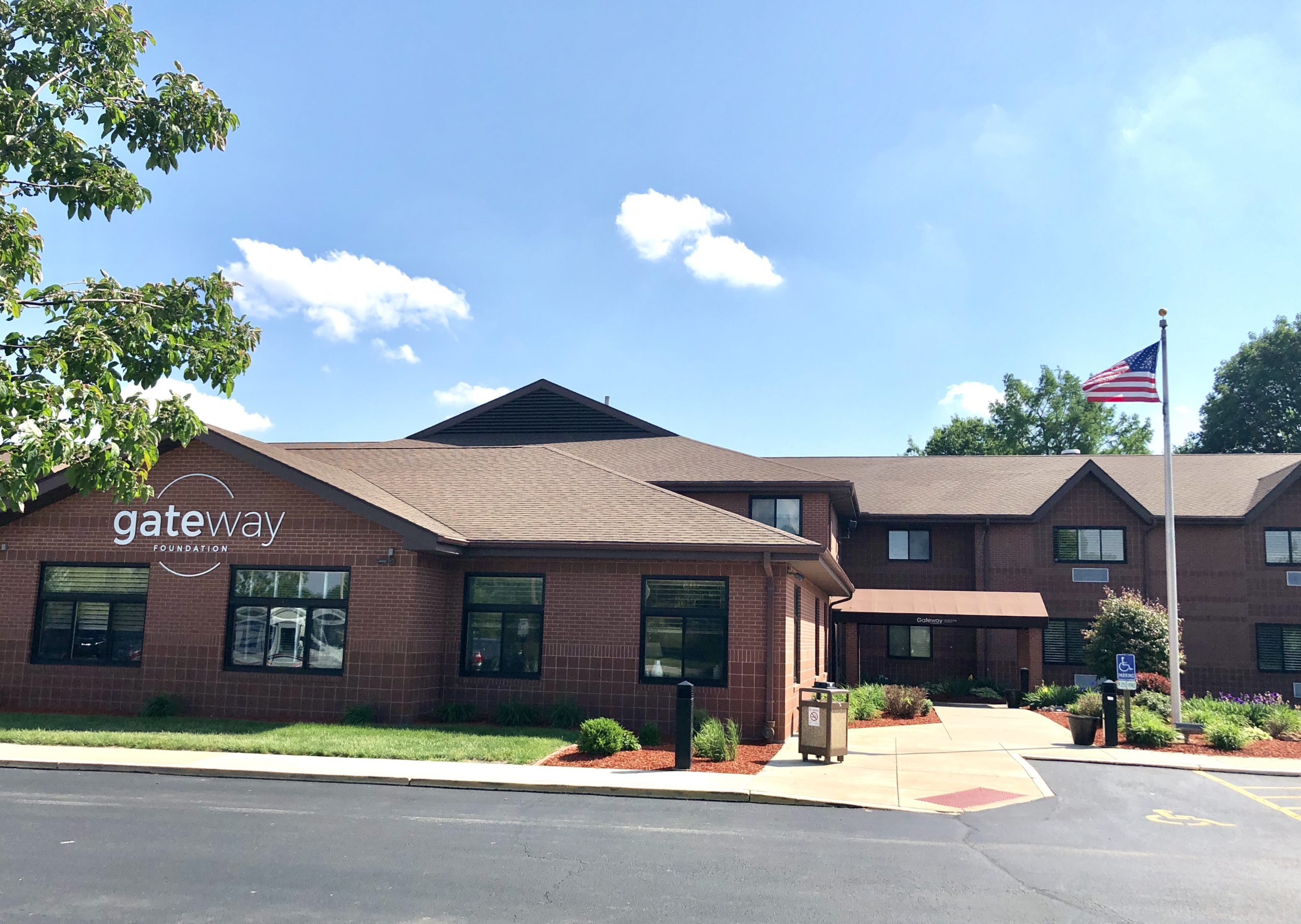Professional Support: Navigating Options for an Addiction Treatment Center
Professional Support: Navigating Options for an Addiction Treatment Center
Blog Article
Navigating the Trip of Detoxing in the Comprehensive Dependency Therapy Program
The process of detoxification holds a substantial duty in damaging the physical reliance on compounds and preparing the individual for the subsequent phases of treatment. As people grapple with the difficulties of withdrawal signs and the uncertainties that exist ahead, having a structured plan and a durable support system in location comes to be vital.
Importance of Cleansing in Recovery

Detoxification sets the structure for the rest of the addiction therapy program by preparing the person for additional therapy and counseling. By cleansing the body of compounds that have been clouding judgment and impacting behavior, detox enables individuals to approach their recuperation with a more clear mind and more powerful focus.
Furthermore, cleansing assists in managing the potentially severe withdrawal signs that may arise when drug or alcohol usage is quit. Physician closely keep track of individuals during detox to guarantee their safety and security and give essential assistance. With this process, individuals can begin their trip in the direction of sobriety with a supported physical and mental state, boosting the likelihood of an effective recuperation.
Comprehending the Detox Process
Detoxing, a basic element of addiction therapy programs, entails a structured process focused on securely eliminating dangerous compounds from the body to facilitate an effective healing trip. The detox procedure commonly begins with an examination to examine the individual's substance usage history, physical health, and psychological health. This analysis aids medical care experts determine the most appropriate detox strategy tailored to the individual's demands.
During detoxification, the body experiences withdrawal as it adapts to the lack of the substance. Withdrawal signs differ depending upon the sort of substance utilized, the period of use, and private variables. Medical supervision during detoxification is important to take care of withdrawal symptoms and guarantee the person's safety and security and comfort.

Taking Care Of Withdrawal Signs And Symptoms

Medicines may be made use of to relieve details withdrawal signs and decrease pain. For instance, medications like methadone or buprenorphine can aid handle opioid withdrawal symptoms, while benzodiazepines might be made use of for alcohol withdrawal. It is vital for medical care carriers to thoroughly keep an eye on the person's response to these medications to ensure their security and efficiency.
Along with pharmacological interventions, helpful treatments such as therapy, peer support system, and alternative methods like mindfulness reflection or yoga exercise can assist people handle the psychological and psychological difficulties of withdrawal. By dealing with withdrawal signs thoroughly, doctor can improve the cleansing experience and support people on their trip to recuperation.

Support Solutions During Detox
Support group play a crucial function in giving social and psychological aid to individuals undertaking detoxification in dependency treatment programs. During the detoxification procedure, individuals commonly experience a variety of physical and mental withdrawal signs and symptoms, making this stage tough - Addiction Treatment Center. Having a solid assistance system in place can significantly impact the individual's ability to navigate through detox successfully
Family members, pals, assistance teams, and health care experts are crucial blog elements of the support group. Household pals and members can use support, understanding, and a feeling of belonging during this difficult time. Assistance teams give a system for individuals to link with others that are going via comparable experiences, providing a feeling of neighborhood and shared understanding. Medical care experts, including counselors, specialists, and medical professionals, play a vital role in checking the person's progression, supplying medical assistance, and offering advice throughout the detox procedure.
Looking Ahead: Life After Detoxification
Having effectively finished the detoxing phase, individuals in addiction treatment programs now concentrate on planning for the obstacles and possibilities that exist in advance in their trip in the direction of his comment is here healing. Life after detoxification marks a vital change duration where people have to proceed to construct on the progression made throughout detox to preserve their sobriety. It is important for individuals to recognize that the trip in the direction of recuperation is recurring and needs commitment, commitment, and a determination to embrace change.
One trick facet of life after detoxification is the advancement of coping mechanisms to deal with triggers and cravings that might develop. This might include discovering new skills, such as mindfulness practices, cognitive-behavioral strategies, and stress and anxiety monitoring approaches, to browse difficult scenarios without turning to compound use. Furthermore, individuals are encouraged to actively take part in ongoing therapy, support system, and aftercare programs to strengthen their support network and receive guidance as they navigate the intricacies of life post-detox.
Final Thought
To conclude, cleansing is a critical part of the detailed addiction treatment program. Recognizing the detoxification process and managing withdrawal signs and symptoms are necessary steps in the direction of healing. Support group play a substantial duty throughout this challenging trip. Addiction Treatment Center. Looking in advance, life after detoxification holds guarantee for a much healthier, substance-free future. It is necessary to recognize the importance of detox in the procedure of getting rid of her response dependency and moving in the direction of a life of soberness.
Clinical supervision during detox is vital to handle withdrawal signs and symptoms and guarantee the person's safety and comfort.
By understanding the detoxification procedure and its value in breaking the cycle of addiction, people can get started on a path towards lasting recovery.
During the detoxification procedure, people often experience a range of emotional and physical withdrawal signs and symptoms, making this stage challenging. Healthcare professionals, including therapists, counselors, and physicians, play a critical duty in monitoring the person's progression, giving clinical assistance, and using assistance throughout the detox process.
Life after detoxification notes a vital change duration where individuals should continue to build on the progress made during detox to maintain their soberness.
Report this page